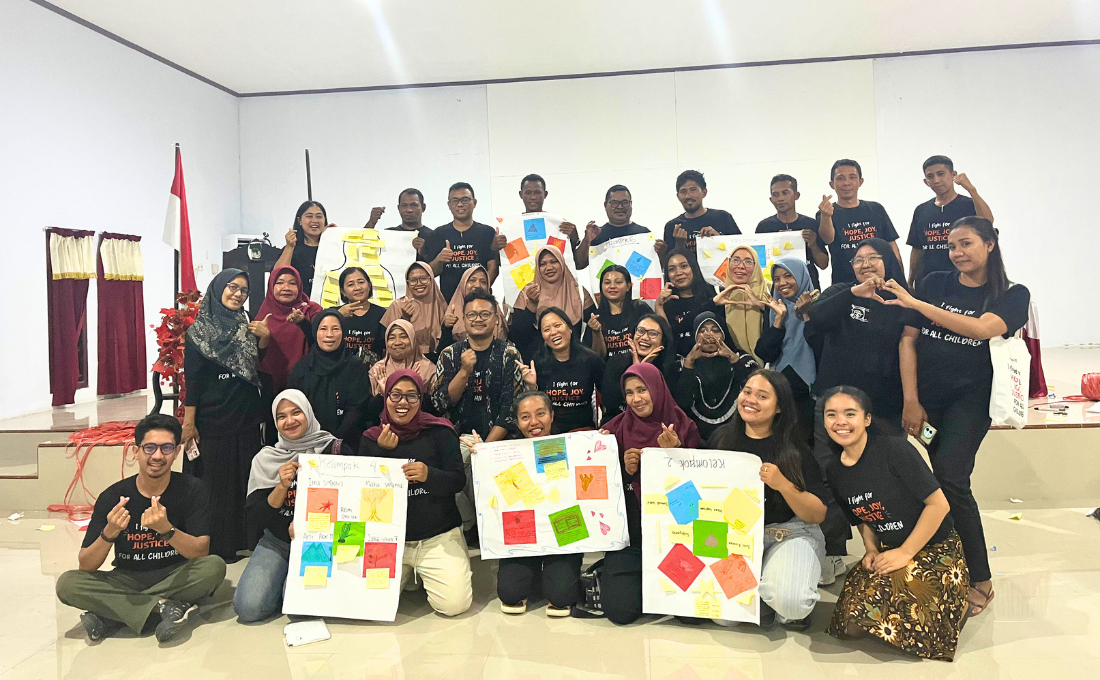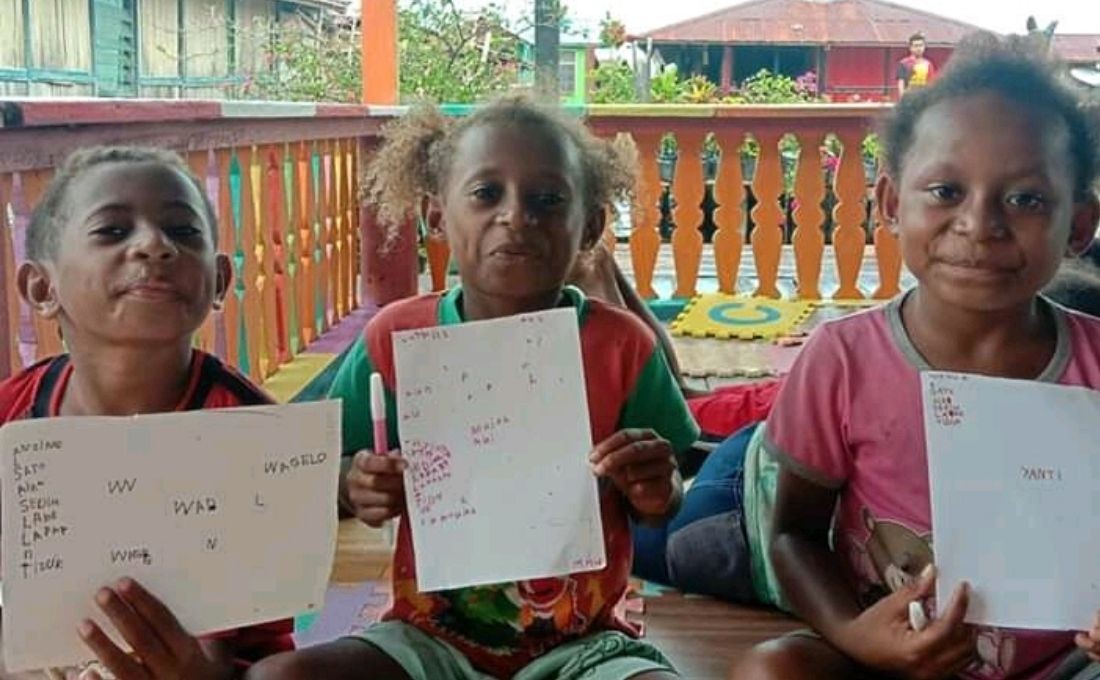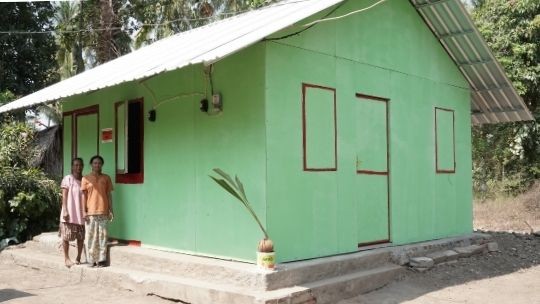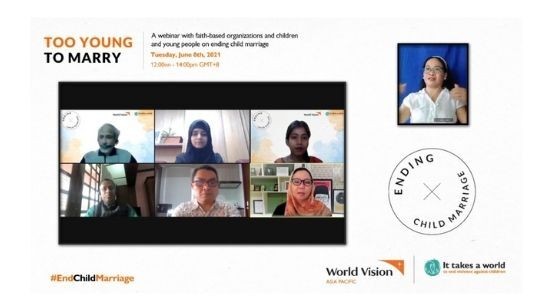East Halmahera Educators Level Up on Child Protection

Based on real-time data from SIMFONI-PPA for 2025, a total of 1,576 cases of violence occurred in schools. Throughout this year, the mass media has also broadcast news about bullying in schools or higher educational institutions. These cases involve children, both as perpetrators and as survivors. The prevalence of violence in schools has become a major concern for educators, especially those working in Indonesia's most remote schools. The challenge lies in the limited capacity building opportunities for educators regarding the prevention and handling of violence in schools.
Grilweni (29), a teacher at a vocational high school (SMK) in East Halmahera Regency, felt she needed new insights to become more sensitive to child protection issues in both school and at home. "I see violence against children frequently happening in school. As a result, many children are afraid to speak up. They are uncomfortable in the classroom and afraid to express themselves," she recounted.
The teacher, who is also a mother, admitted that she still finds it difficult to control her own responses to her daughter. She often responds with anger. She feels the same way when she is in the classroom.
Wahana Visi Indonesia welcomed the hopes of these educators by facilitating training on child protection. The session did not immediately start with theory, but rather with material that helped the educators recognise themselves. "We learned how we need to accept our own shortcomings, accept the reality of life with gratitude. That everything that happens is not a coincidence," said Grilweni.
Following this, material on the importance of protecting and listening to children's voices was presented. Grilweni found something new she could apply in her school after understanding child protection. "We are trying to get closer to the children but in creative ways, such as using games, storytelling, and group activities. This helps build closeness with the students," she stated.
She was also inspired to start setting aside special time to listen to the children, which she calls 'curhat' (a heart-to-heart or sharing session). "This makes the children feel heard and valued. Slowly, we see changes. Children are braver to speak up, teachers are more patient, and violence in school is starting to decrease," she revealed.
This change convinced Grilweni that listening to children is the key to creating a child-friendly learning environment. Especially since children who are dealing with emotional distress are often the ones who need to be heard the most.
"My friends, don't let wounds or resentment stay too long in our hearts. Holding onto hurt only makes us tired, and it can even affect our health. Let's learn to forgive, make peace with ourselves, and build a calm heart. A peaceful heart makes life healthier, thoughts clearer, and relationships with others better," was Grilweni's message to herself, fellow educators, and the children.
Author: Sisilya Tobing (Field Facilitator for East Halmahera area programme)
Editor: Mariana Kurniawati (Communication Executive)



